Cognitive rehabilitation can be defined as the set of procedures applied to improve various abilities and skills such as attention, memory, language or executive functions among others. The aim is to promote greater functional independence in a wide variety of daily life situations (Wood, 1994). In this article we focus on the neuropsychological rehabilitation of persons with acquired brain injury.
Neuropsychological rehabilitation program for acquired brain injury
The Hospital Clínico Universitario Virgen de la Arrixaca, belonging to the Servicio Murciano de Salud has been developing since 2015 a neuropsychological rehabilitation program for acquired brain injury with the incorporation of a clinical psychologist in the neurology/physical medicine and rehabilitation service.
The work we have been developing, focuses on four main blocks at neuropsychological and clinical level:
Cognitive stimulation program.
It is based on neuropsychological models that offer empirical evidence. For this we plan the sessions and the patients elaborate pencil and paper exercises, but we also focus on the NeuronUP platform, in order to generate a basis (recovery, substitution or compensation of the function) where we can later generalize what we have learned and favor the ecological validity of the intervention. NeuronUP allows us to select a specific function to work on, compare results in the same activity and give feedback.
Although the attention is individualized, group work is a priority for the neuropsychological rehabilitation of acquired brain injury. Therefore, we carry out cognitive stimulation groups, where we use the NeuronUP platform, in order to work on the different neuropsychological focal points.
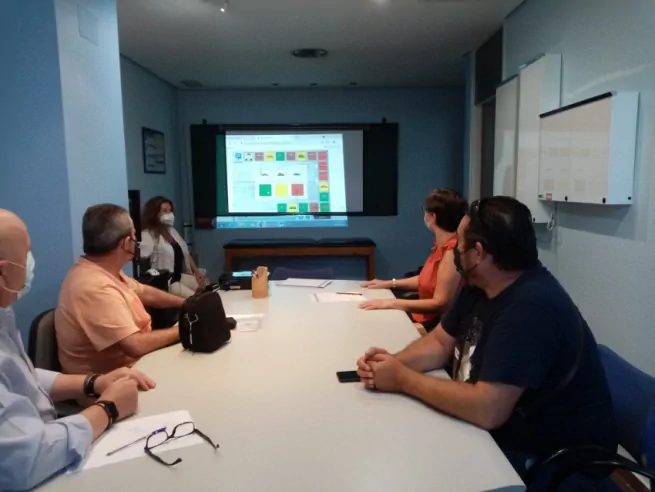
Systemic family therapy
In those cases where the brain damage bursts and strategies have not been developed to favor the appropriate intergenerational boundaries and in turn favor the adaptive process, focusing on the structural approach of Salvador Minuchin among others and accessing the behavioral and emotional problems that may arise during the rehabilitation process.
Interfamily/Intercultural Therapy
It is carried out within the neuropsychological rehabilitation service for acquired brain injury. The application of this psychotherapy in acquired brain injury is novel and we could say pioneering. We follow the objectives of interfamilial therapy such as generating group cohesion, enhancing an open and polyphonic dialogue, emotional support among participants and promoting flexibility in group communication (Sempere and Fuenzalida, 2017). In Murcia where there is a large number of immigrant population, we take into account the immigration process (acculturation) and family and interfamilial management to help with brain damage, which if in itself is already an aspect that overflows the coping capacities (family and patient), being far from what generates support for us (language, food, smells, people, bonds, music), it becomes much more difficult.
Workshops by patients for patients
When the neuropsychological rehabilitation of acquired brain injury has been consolidated through “brain training” with pencil and paper activities and NeuronUP and, or we have begun to develop compensation and/or substitution of the function, we design workshops designed by the patients themselves for the patients, with the aim of enhancing their creativity, stimulation of executive functions (planning, flexibility, processing speed, organization, decision making and problem solving), promoting adherence to treatment and group cohesion of its members.
Likewise, the workshops increase motivation and strengthen the bonds between the different patients attending treatment. In this way, through this playful activity we manage to implement the different cognitive and phenomenological facets treated during their group rehabilitation period. We are talking about the concreteness and implementation of the skills acquired or compensated throughout the rehabilitation process.
The clinical psychologist plays the role of a facilitator in the workshops, encouraging their realization and assessing the difficulties encountered. Various obstacles may arise at the computer level in the search for information, when it comes to specifying the techniques, or the normal blockages when facing situations that generate a challenge such as public speaking or performing certain demonstrations.
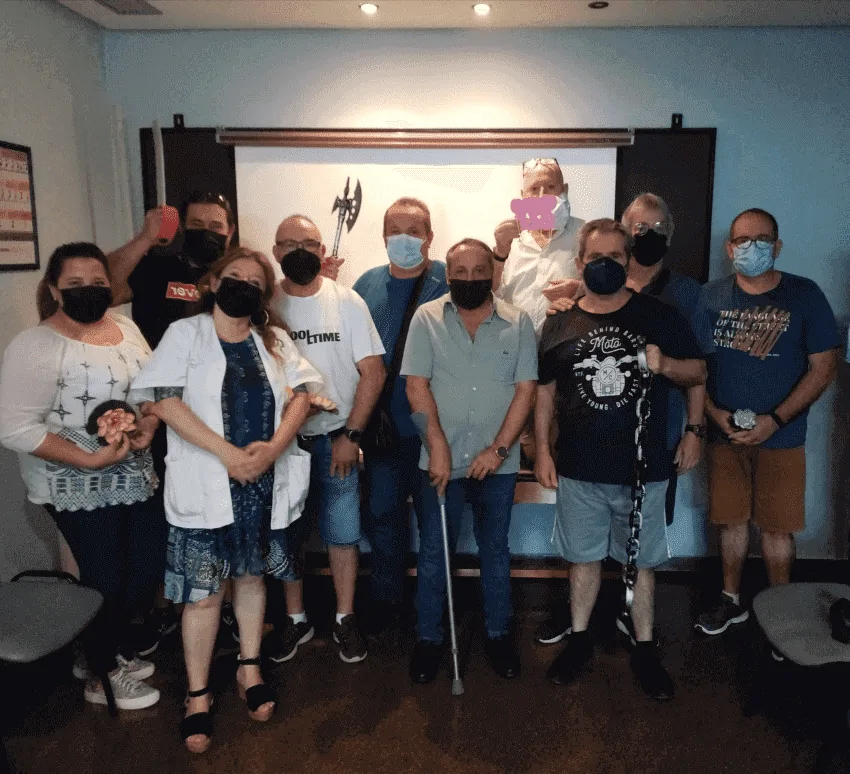
Conclusions on the neuropsychological rehabilitation of acquired brain injury
In summary, the neuropsychological rehabilitation program for acquired brain injury at the Hospital Clínico Universitario Virgen de la Arrixaca favors the feeling of personal self-efficacy. We base ourselves on what Muñoz-Céspedes and Tirapu- Ustarroz (2004) refer to in the rehabilitative context, within the stimulation of executive functions, which implies the improvement of the capacity to program behavior and orient it towards the achievement of the intended objectives. For this purpose, different activities can be used, some of which are aimed at restoring the function and others at compensating for it.
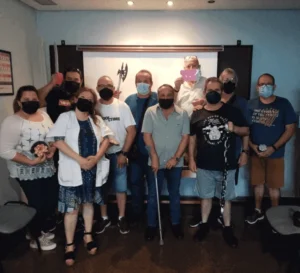
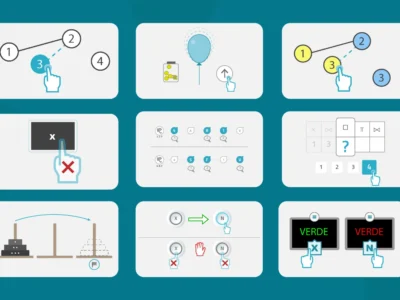
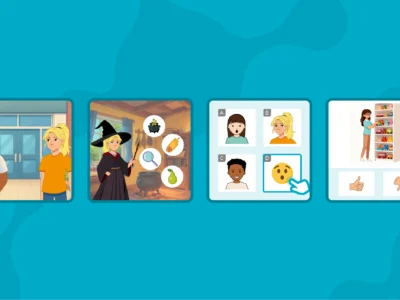
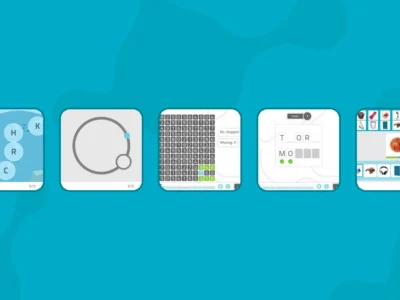
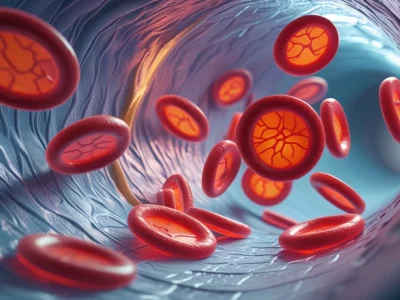

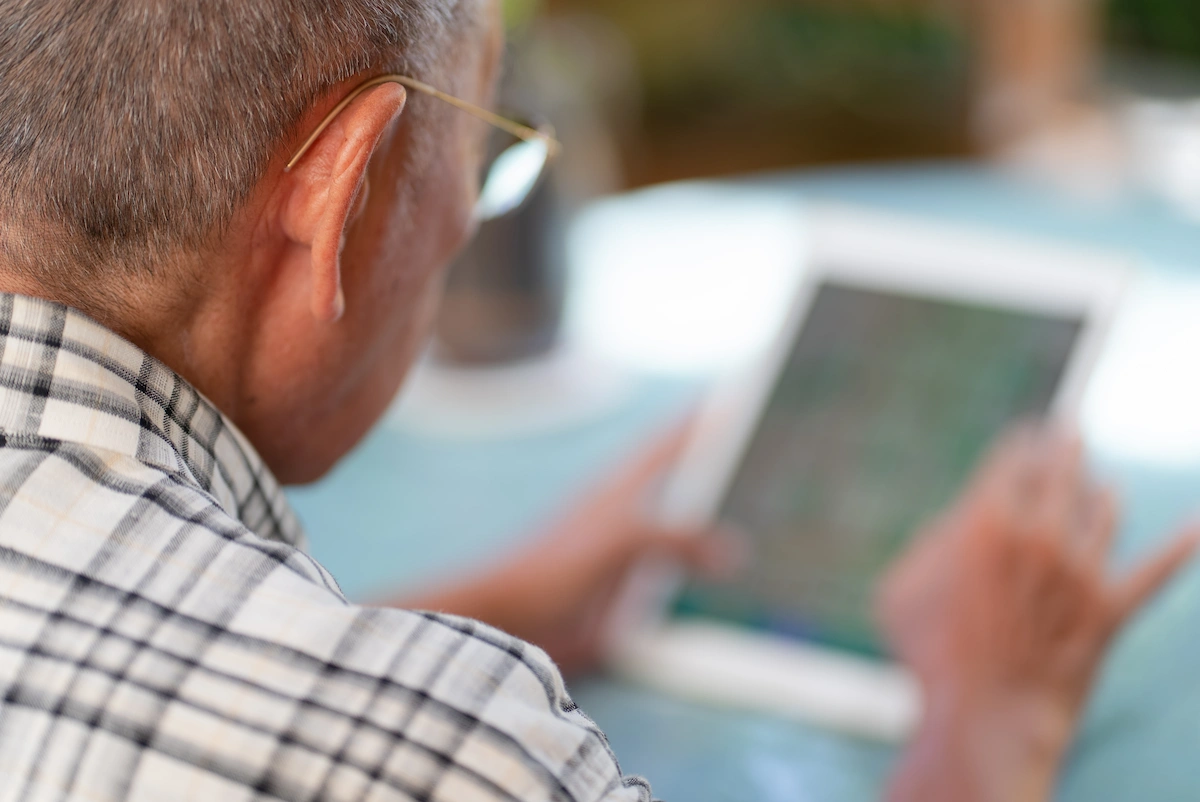
 The resting-state network. Implications in Alzheimer’s disease, schizophrenia, and autism
The resting-state network. Implications in Alzheimer’s disease, schizophrenia, and autism
Leave a Reply